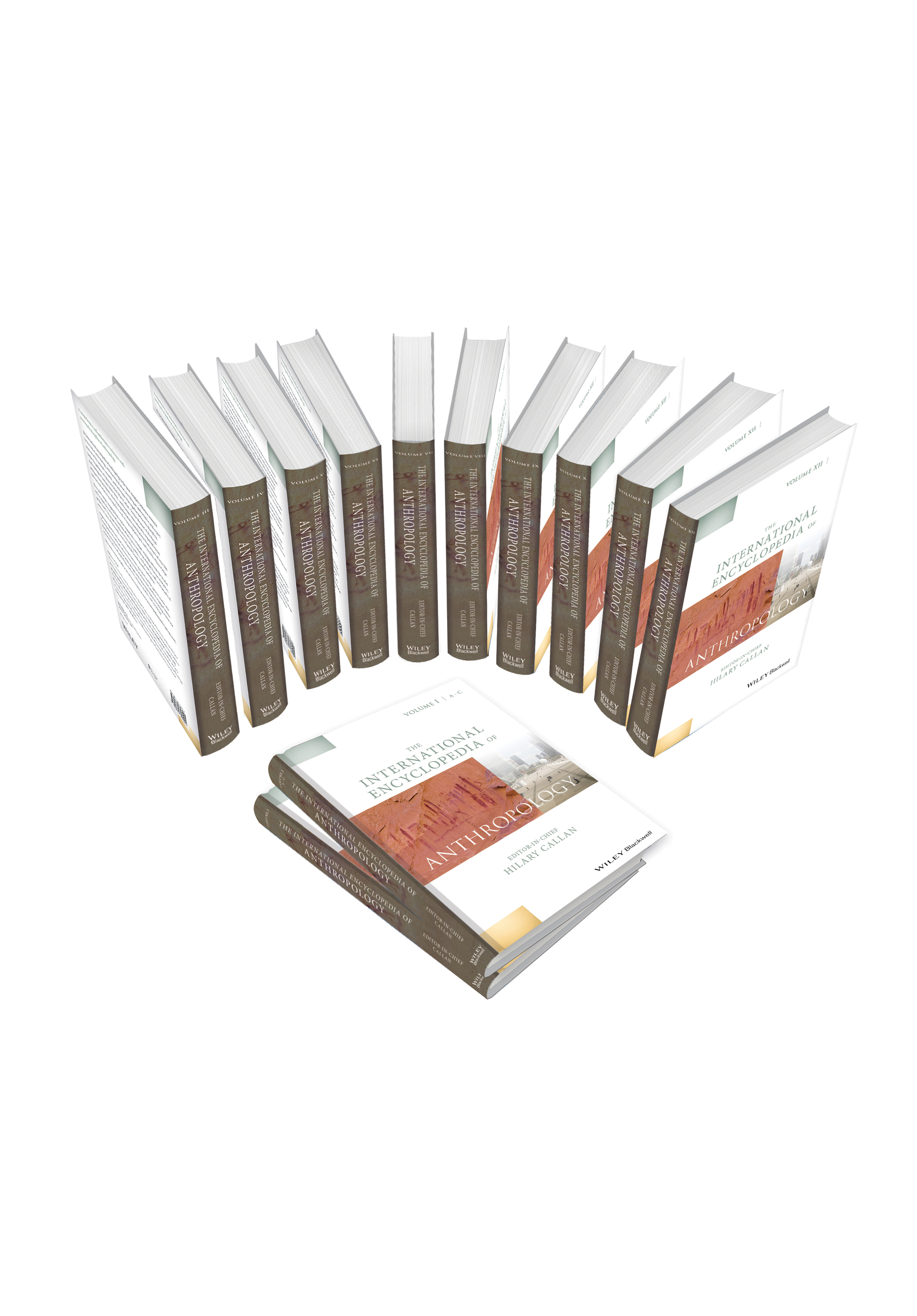Abstract
Focusing on ethnography as one of the defining characteristics of socially oriented language research, this entry surveys the relationship between language and communication and the role played by language in the cultural and social lives of individuals and communities in Australia and Aotearoa/New Zealand. While much language research in Australia and Aotearoa/New Zealand has mirrored linguistic anthropology and sociolinguistics internationally, distinctively different trends have also emerged, yielding a picture of language research that is oriented around indigenous languages, migrant languages and a range of sociopolitical issues.
References and Further Reading
- Brett Baker, Ilana Mushin, Mark Harvey, and Rod Gardner. Eds. 2010. Indigenous Language and Social Identity: Papers in Honour of Michael Walsh. Canberra: ANU E Press.
- Bayard, Donn. 1995. Kiwitalk: Sociolinguistics and New Zealand Society. Palmerstone North, New Zealand: Dunmore Press.
- Benton, Richard. 1979. Who Speaks Māori in New Zealand? Auckland: New Zealand Council for Educational Research.
- Bucholtz, Mary, and Kira Hall. 2008. “All of the Above: New Coalitions in Sociocultural Linguistics.” In “Socio-Cultural Linguistics,” special issue, Journal of Sociolinguistics 12 (4): 401–31.
- Clyne, Michael. 1982. Multilingual Australia. Melbourne: River Seine.
- Duranti, Alessandro. 2003. “Language as Culture in US Anthropology.” Cultural Anthropology 44 (3): 323–47.
- Eagleson, Robert D., Susan Kaldor, Susan Malcolm, and Ian G. Malcolm. 1982. English and the Aboriginal Child. Canberra: Curriculum Development Centre.
- Garde, Murray. 2013. Culture, Interaction and Person Reference in an Australian Language: An Ethnography of Bininj Gunwok Communication. Amsterdam: John Benjamins.
10.1075/clu.11 Google Scholar
- Green, Jennifer. 2014. Drawn From the Ground: Sound, Sign and Inscription in Central Australian Sand Stories. Cambridge: Cambridge University Press.
10.1017/CBO9781139237109 Google Scholar
- Halliday, M. A. K. 1978. Language as Social Semiotic. Baltimore: University Park Press.
- Jeffrey Heath, Francesca Merlan and Alan Rumsey, eds. 1982. Languages of Kinship in Aboriginal Australia. Oceania Linguistic Monographs 24. Sydney: Oceania Publications.
- Heath, Shirley Brice. 1983. Ways with Words: Language, Life and Work in Communities and Classrooms. Cambridge: Cambridge University Press.
10.1017/CBO9780511841057 Google Scholar
- Rawinia Higgins, Pola Rewi, and Vincent Olsen-Reeder, eds. 2014. The Value of the Māori Language: Te Hua o te Reo Māori. Wellington, New Zealand: Huia.
- Janet Holmes, ed. 2000. Gendered Speech in Social Context: Perspectives from Gown and Town. Wellington, New Zealand: Victoria University Press.
- Janet Holmes, and Ray Harlow, eds. 1991. Threads in the Tapestry of Language. Auckland: Linguistic Society of New Zealand.
- Holmes, Janet, and Maria Stubbe. 2003. Power and Politeness in the Workplace: a Sociolinguistic Analysis of Talk at Work. London: Pearson.
- Horvath, Barbara M. 1985. Variation in Australian English. The Sociolects of Sydney. Cambridge: Cambridge University Press.
- Harold Koch, and Rachel Nordlinger, eds. 2014. The Languages and Linguistics of Australia. Berlin: De Gruyter.
10.1515/9783110279771 Google Scholar
- Kral, Inge. 2012. Talk, Text and Technology: Literacy and Social Practice in a Remote Indigenous Community. Bristol: Multilingual Matters.
10.21832/9781847697608 Google Scholar
- Marmion, Douglas, Kazuko Obata, and Jakelin Troy. 2014. Community, Identity, Wellbeing: The Report of the Second National Indigenous Languages Survey. Canberra: Australian Institute of Aboriginal and Torres Strait Islander Studies.
- McNamara, Tim, and Joseph LoBianco. 2001. “ The Distinctiveness of Applied Linguistics in Australia: A Historical Perspective.” In New Perspectives and Issues in Educational Language Policy: A Festschrift for Bernard Dov Spolsky, edited by Robert L. Cooper, Elana Shohamy, and Joel Walters, 261–69. Amsterdam: John Benjamins.
10.1075/z.104.19mcn Google Scholar
- Ndhlovu, Finex. 2014. Becoming an African Diaspora in Australia: Language, Culture, Identity. London: Palgrave Macmillan.
10.1057/9781137414328 Google Scholar
- New London Group. 1996. “A Pedagogy of Multiliteracies: Designing Social Futures.” Harvard Educational Review 66 (1): 60–92.
- Ochs, Elinor, and Bambi Schieffelin. 1983. Acquisition of Conversational Competence. London: Routledge.
- Pennycook, Alastair. 2010. “Critical and Alternative Directions in Applied Linguistics.” Australian Review of Applied Linguistics 33 (2): 16.1–16.16.
10.2104/aral1016 Google Scholar
- Pennycook, Alastair, and Emi Otsuji. 2015. Metrolingualism. New York: Routledge.
10.4324/9781315724225 Google Scholar
- Ponsonnet, Maïa. 2014. The Language of Emotions: The Case of Dalabon (Australia). Amsterdam: John Benjamins.
- Rubino, Antonia. 2014. Trilingual Talk in Sicilian-Australian Migrant Families: Playing Out Identities through Language Alternation. Basingstoke: Palgrave Macmillan.
- Rumsey, Alan. 2013. “Anthropology, Linguistics and the Vicissitudes of Interdisciplinary Collaboration.” Collaborative Anthropologies 6: 268–89.
10.1353/cla.2013.0000 Google Scholar
- Schembri, Adam, Kearsy Cormier, Trevor Johnston, David McKee, Rachel McKee, and Bencie Woll. 2010. “ Sociolinguistic Variation in British, Australian and New Zealand Sign Languages.” In Sign Languages, edited by D. Brentari, 479–501. Cambridge: Cambridge University Press.
10.1017/CBO9780511712203.022 Google Scholar
- Bambi Schieffelin, and Elinor Ochs, eds. 1986. Language Socialization across Cultures. Cambridge: Cambridge University Press.
- Jane Simpson, David Nash, Mary Laughren, Peter Austin, and Barry Alpher, eds. 2001. Forty Years On: Ken Hale and Australian Languages. Canberra: Pacific Linguistics.
- Jane Simpson, and Gillian Wigglesworth, eds. 2008. Children's Language and Multilingualism: Indigenous Language Use at Home and School. New York: Continuum.
- Michael Walsh, and Colin Yallop, eds. 1993. Language and Culture in Aboriginal Australia. Canberra: Aboriginal Studies Press.
Web-Based resources
- Australian Research Council Centre of Excellence for the Dynamics of Language. Accessed April 9, 2017, http://www.dynamicsoflanguage.edu.au.



